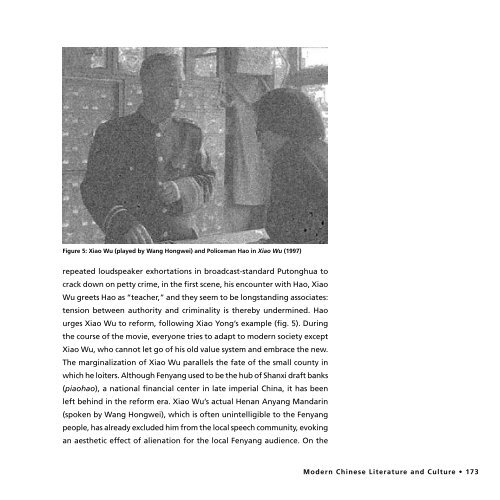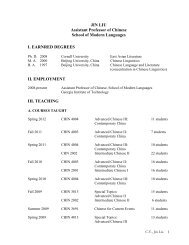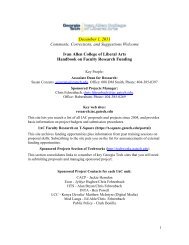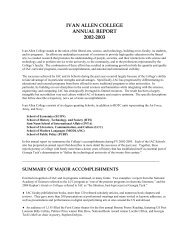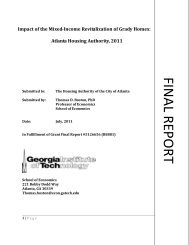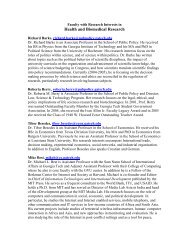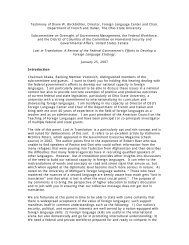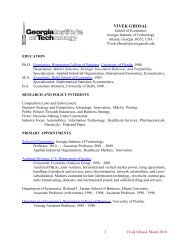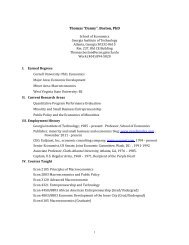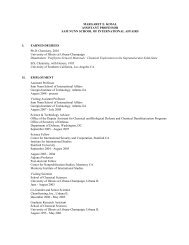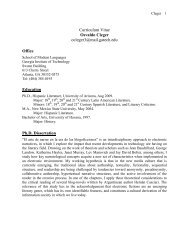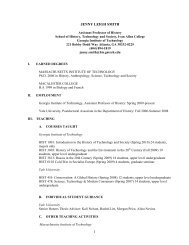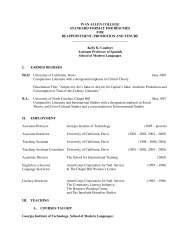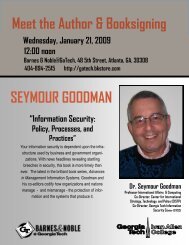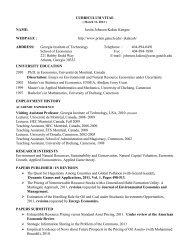Read this paper
Read this paper
Read this paper
Create successful ePaper yourself
Turn your PDF publications into a flip-book with our unique Google optimized e-Paper software.
Figure 5: Xiao Wu (played by Wang Hongwei) and Policeman Hao in Xiao Wu (1997)<br />
repeated loudspeaker exhortations in broadcast-standard Putonghua to<br />
crack down on petty crime, in the first scene, his encounter with Hao, Xiao<br />
Wu greets Hao as “teacher,” and they seem to be longstanding associates:<br />
tension between authority and criminality is thereby undermined. Hao<br />
urges Xiao Wu to reform, following Xiao Yong’s example (fig. 5). During<br />
the course of the movie, everyone tries to adapt to modern society except<br />
Xiao Wu, who cannot let go of his old value system and embrace the new.<br />
The marginalization of Xiao Wu parallels the fate of the small county in<br />
which he loiters. Although Fenyang used to be the hub of Shanxi draft banks<br />
(piaohao), a national financial center in late imperial China, it has been<br />
left behind in the reform era. Xiao Wu’s actual Henan Anyang Mandarin<br />
(spoken by Wang Hongwei), which is often unintelligible to the Fenyang<br />
people, has already excluded him from the local speech community, evoking<br />
an aesthetic effect of alienation for the local Fenyang audience. On the<br />
Modern Chinese Literature and Culture • 173<br />
MCLC 18.2.indd 173<br />
12/20/06 2:01:36 PM


